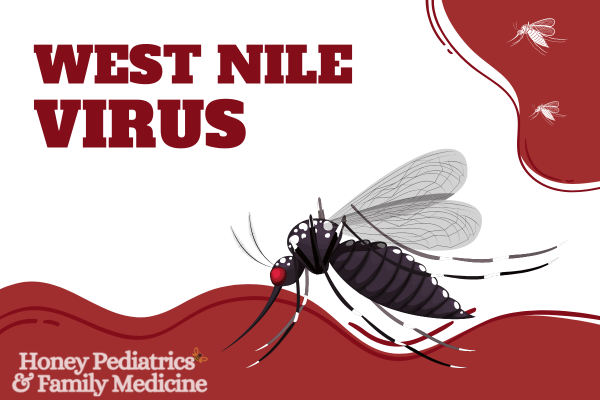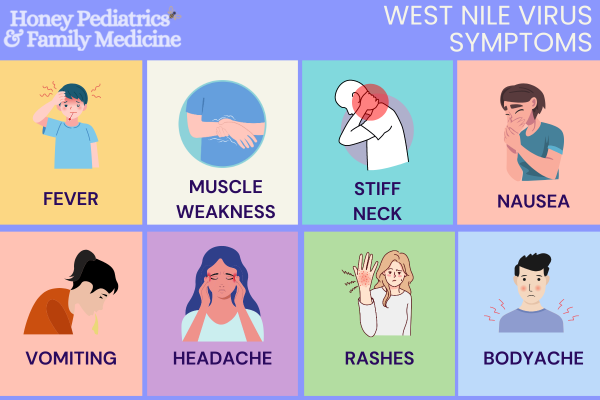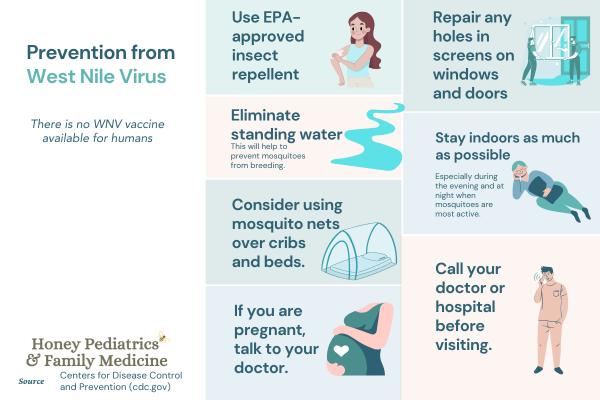West Nile Virus (WNV) is a mosquito-borne illness that can affect people, birds, horses, and other animals. WNV first appeared in the United States in 1999 and is now considered endemic, with cases reported every summer. WNV is transmitted by mosquitoes that become infected when they bite infected birds.

According to the World Health Organization (WHO), only about 1% of people infected with WNV develop severe illness, while 20% have milder symptoms like fever, headache, rash, and body aches. However, WNV can be dangerous or even fatal for the elderly and those with weakened immune systems.
Recent Outbreaks
In 2023 so far, the CDC reports 552 West Nile Virus cases. August and September are peak activity months.
In 2022, the CDC reported 241 WNV cases and 4 deaths in 22 U.S. states. Texas, California, and Illinois have seen the highest number of infections.
Since 1999, over 50,000 cases and 2,300 deaths have been reported to the CDC. WNV can vary year-to-year due to weather, mosquito populations, and immunity in birds. Climate change may also expand areas at risk for infection.
Symptoms of West Nile Virus:
- Fever
- Severe Headache
- Stiff Neck
- Muscle Weakness
- Nausea
- Vomiting
- Rashes

Prevention Tips:
There is no WNV vaccine available for humans. Follow these tips to protect yourself:

- Use EPA-approved insect repellent when spending time outdoors.
- Wear long-sleeved shirts and pants when you are outdoors, especially during the evening and at night when mosquitoes are most active.
- Stay indoors as much as possible during peak mosquito hours, which are usually dawn and dusk.
- Eliminate standing water around your home, such as in birdbaths, flowerpots, and old tires. This will help to prevent mosquitoes from breeding.
- Repair any holes in screens on windows and doors.
- Install or repair door and window screens to keep mosquitoes out.
- Consider using mosquito nets over cribs and beds.
- If you are pregnant, talk to your doctor about how to protect yourself from West Nile virus.
Schedule an appointment with us, if you develop symptoms like fever, muscle weakness, headaches, or stiff neck, as these could indicate WNV infection. Honey Pediatrics & Family Medicine will be happy to answer any other questions about this disease. Stay safe this summer!
Reference
World Health Organization (WHO).
https://www.who.int/news-room/fact-sheets/detail/west-nile-virus
Centers for Disease Control and Prevention (CDC).
https://www.cdc.gov/westnile/index.html




